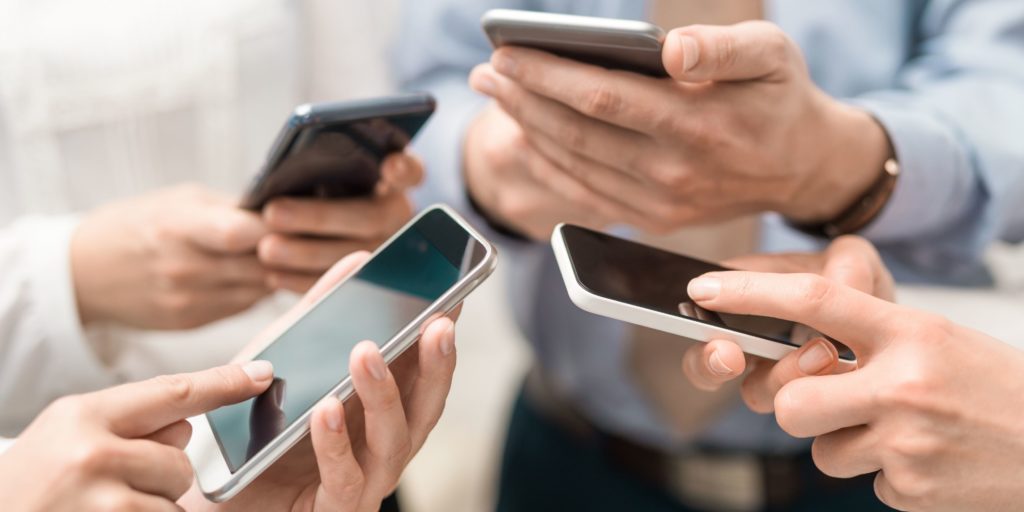
Only established in the last 20 or so years, social media is completely intertwined in modern day society. On average, adults have been found to check their phone up to 150 times per day (Huffington Post), with the majority of phone usage linked to social media use. In addition, research has found that 77% of workers reported use of social media at work. Social media is integral to the majority of our lives.
Social media, including platforms such as Facebook, Instagram and Twitter, is a powerful tool which most people use in order to connect to others. Social media has connected people outside of the world’s geographical limits, connecting like-minded people that might never have met, enabling the sharing of knowledge and creating communities.
However, social media has also been used as a platform for cyber bullying and seen as a means of comparing your life to millions of others’ idealised lives, leading to disconnection and anxiety.
Therefore, this month we ask: is social media damaging to our mental health?
Research is mixed around social media and its relationship to mental health, with positives and negatives both being found. This is due to:
Therefore, social media isn’t inherently bad or good. Rather, it is our relationship to social media that determines its impacts on mental health.
Keep Track
Use a tracking app or keep a social media diary for one or two days to see how often and when you are checking your social media apps.
Question Yourself
Ask yourself, why are you checking social media? Is it to connect to others? Avoid something? Was it worth it? What did you miss out on?
Evaluate
Evaluate which parts of your relationship with social media are working and which parts are not.
Set Intentions
Set intentions as to how you want to use social media, e.g. to share knowledge, be inspired, create communities
Practice Pausing
Before you tap on your social media app, practice pausing for 1-3 breaths to consider what you are looking for and whether this is helpful.
See the Bigger Picture
Keep the bigger picture in mind when using social media. Be aware that social media is not a true representation of the lives of others, so challenge the assumptions you are making about people based on this highlight reel.
Consider your Own Contribution to Social Media
What you share is your choice and responsibility however be aware of the permanence of each post and who that might be reaching and influencing.
Live by the rule of if you wouldn’t say something in a room full of people, don’t say it on social media
Set Boundaries Between Offline and Online Lives
Turn off social media notifications and set times in the day where you don’t use social media.
Be Selective
If you have noticed certain topics, people or frequencies in your social media use that are negative for you, start to change your exposure to these.
Protect Your Sleep
Don’t look at your phone for at least 1 hour before wanting to go to sleep as the lights from phones can disturb our natural sleep hormone levels, leading to reduced sleep quality.
Change where you charge your phone to limit usage of your phone at bedtime.
P: 1300 364 273 | Text or Live Chat: 0401 337 711 | W: acaciaconnection.com